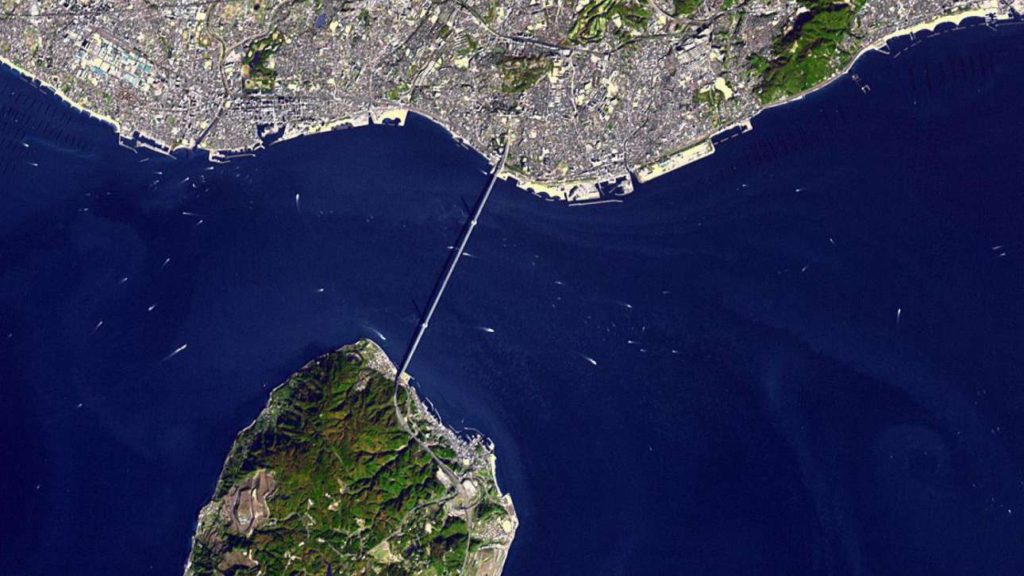 The IHR Partnership Seminar ‘Coastal Connections’ series is excited to announce its first three webinars.
The IHR Partnership Seminar ‘Coastal Connections’ series is excited to announce its first three webinars.
All welcome, the seminars are free to attend but booking is required.
Webinars
Coastal Brexit – 21st Jan 7pm GMT
https://www.history.ac.uk/events/coastal-brexit
This event explores the complexities of Brexit for the coastal communities spanning the Irish Sea Basin. What coastal connections will strengthen and wane in 2021 and beyond, and what initiatives and stories sustain coastal communities? What aspects of coastal connection endure, and what is in flux from a social, infrastructural and political perspective? Speakers include Jonathan Evershed, University College Cork; Gráinne Ní Aodha, Journalist for TheJournal.ie; Rhys Jones, Aberystwyth University; and Ciarán O’ Driscoll, Policy and Brexit Research Officer at European Movement Ireland.
Vanishing Coasts – 25 Feb 2pm GMT
https://www.history.ac.uk/events/vanishing-coasts
Coasts are highly dynamic environments. Their constant mutability is what defines them best. Coasts, however, are disappearing, shrinking, vanishing, worldwide. The lack of sand, shoreline erosion, reclamation and sea-level rise put at risk the coasts as we know them. Many natural factors interplay to explain the situation, but the full understanding can only be achieved by looking at human history. In this roundtable, four scholars, with different backgrounds present and discuss, based on their research: what is a “vanishing” coast; how societies have been coping with this over time; and what can past legacies teach us for the future. By establishing coastal connections this seminar session takes us from East Africa to the Pacific Islands, East Asia, Northern Europe and the Arctic, from ancestral sites to colonial settlements, physical and literary places, indigenous narratives and poetry and, slippery tidal flats, a dive in history with an eye in the future.
Young Rae Choi is a human-environmental geographer interested in marine and coastal governance in East Asia. She has been working in modern history of coastal land reclamation and recently published “Slippery ontologies of tidal flats”, in Environment and Planning E: Nature and Space (2020).
Katie Ritson is a scholar of Comparative Literature with a particular interest in Northern Europe. She is the author of The Shiftings Sands of the North Sea Lowlands: Literary and Historical Imaginaries (2018), about low-lying coasts, their fluidity and vulnerability.
Mike O´Rourke is an anthropological archaeologist working on tangible and intangible heritage and the impacts of anthropogenic climate change. He has written an interesting article for NICHE, the Network of Canadian Environmental History about the loss of significant coastal landscapes of the Inuvialuit Settlement Region.
Hsinya Huang is Professor of America and Comparative Literature, author and editor of books on Indigenous Literatures. She is currently working in the Anthropocene in trans-Pacific Indigenous and Arctic writing.
Joana Gaspar de Freitas is an environmental historian, principal investigator of the European Research Council funded project DUNES. Sea, Sand and People (2018-2023).
Coastal Dystopias – 18 March 2pm GMT
https://www.history.ac.uk/events/coastal-dystopias
While traditional histories of shorelines often focused on the triumph of the seaside leisure economy or perhaps on subsistence-related activities such as navigation and fisheries, recent developments have cast a grim shadow on the site at which land and sea meet and have forced scholars to rethink coastal history in a more dystopian light. Beaches, for example, are no longer simply associated with innocence, freedom and sensuality, they are places of refuge—providing shelter for Australians fleeing fires in January 2020—sites of muted or open military conflict—as seen most recently in the case of Varosha in Northern Cyprus—and, most tragically, the last resting place for many refugees attempting the Mediterranean crossing to Europe. In parallel, many artists have recently invested the coast with dystopian scenarios, from Kim Stanley Robinson’s novel New York 2140 to J. A Bayona’s film The Impossible. This phenomenon is actually not as new as it may seem at first sight.
While many utopias have been set at the water’s edge, other narratives engaged with the dramatic quality of the shores with The Beach (1959), a Cold War movie dramatizing a nuclear doomsday, being a prime example. These cultural products remind us that the history of shorelines cannot be reduced to bathing beauties and dazzling resorts. In this seminar session, speakers coming from different disciplines (including history, geography, and literature) will discuss their research into the dystopian qualities of shorelines across the world. They will ask: why have coastlines been the (imagined or real) sites where a diverse array of dystopian scenarios have unfolded? Is there something new about the twentieth century and our present moment that makes coastlines appear particularly dystopian? How can we reconcile utopian/dystopian visions of the shoreline? And, finally, are all coastlines doomed, or are there more constructive ways to think about paths forward?










Comments are closed.